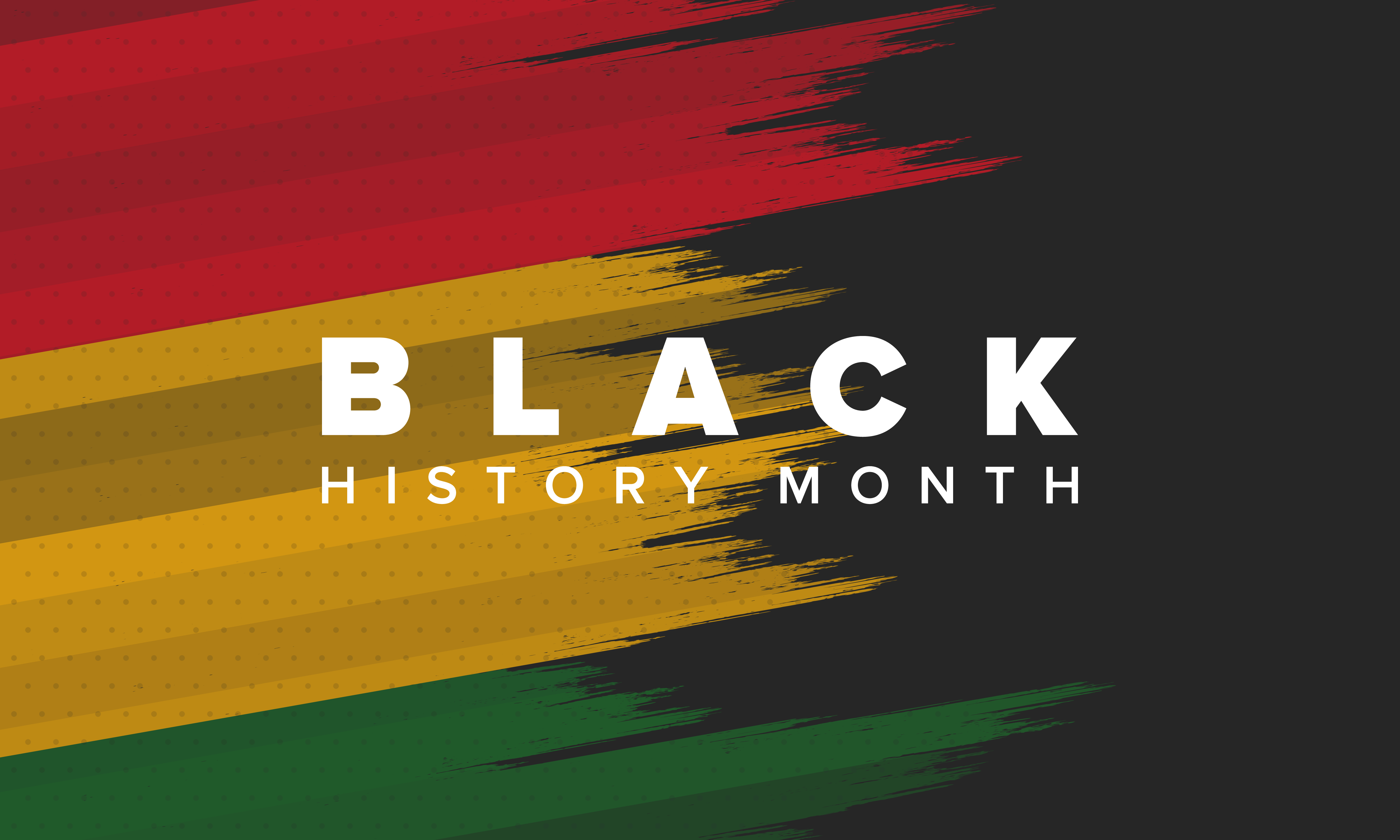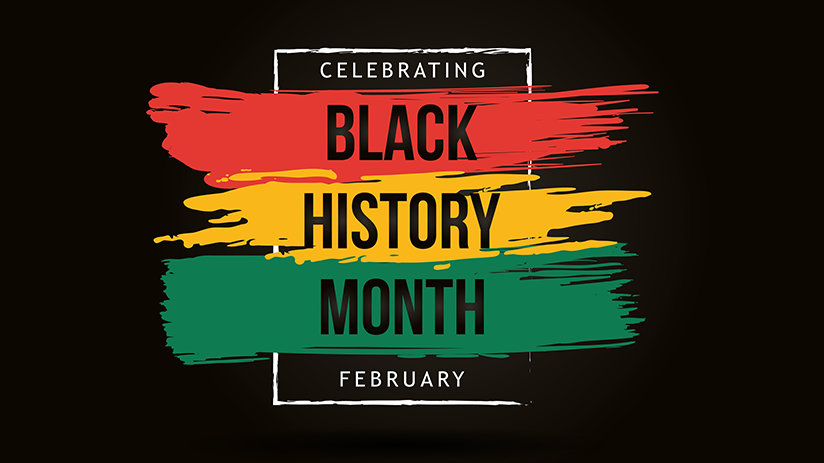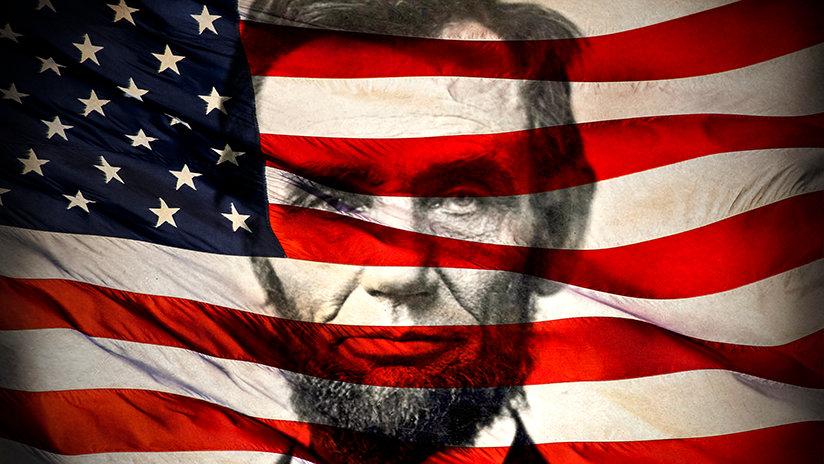
-
HOME
-
WHAT IS STANDOur Mission Our Values Our Help Contact
-
WHAT WE FIGHT FORReligious Freedom Religious Literacy Equality & Human Rights Inclusion & Respect Free Speech Responsible Journalism Corporate Accountability
-
RESOURCESExpert Studies Landmark Decisions White Papers FAQs David Miscavige Religious Freedom Resource Center Freedom of Religion & Human Rights Topic Index Priest-Penitent Privilege Islamophobia
-
HATE MONITORBiased Media Propagandists Hatemongers False Experts Hate Monitor Blog
-
NEWSROOMNews Media Watch Videos Blog
-
TAKE ACTIONCombat Hate & Discrimination Champion Freedom of Religion Demand Accountability
Black History Month—Fighting a Nation’s Amnesia
“Human history becomes more and more a race between education and catastrophe.”
— H.G. Wells
The patient wakes up and looks around the room. He sees family, friends, doctors, nurses—but who are these people? He recognizes no one, including himself. His name, his profession and any memory of his past are gone. Amnesia is devastating to an individual, robbing one not just of recollection but of identity and personhood.
Likewise, amnesia can be devastating to a nation. The wholesale forgetting of parts of history—be it through carelessness, willfulness or fear—can have a horrific impact on those who forget and those who have been forgotten.

Black History Month has been criticized rightly by African-American scholars as a misnomer, for Black history is American history. Why segregate it from “normal” American history, as so many African-American people were from their white brethren for many generations? Why must it have its own category—such as the umbrella term, “African-American studies?”
Because in America we suffer from selective amnesia. The parts of our history that chronicle racial injustice, as well as those that celebrate Black achievements, have long since been lobotomized to the point that—beyond the Civil War, slavery and Dr. Martin Luther King Jr.—school curriculums, inclusive of the full spectrum of Black history, are sorely lacking. For those who seek a full education in America’s history, then, the only way forward is to blaze their own path, as some are already doing.
“No bit of American soil has not been touched by Black blood or Black brilliance.”
Theologian Danté Stewart says, “The history of Black people is also the history of Black parents refusing to allow the world to erase our stories.” Stewart’s mother took him, starting at a young age, to Black history museums. Whenever they visited a new town, they would also check out the local Black history museum if there was one, “not to remind us of our enslavement,” Stewart says, “but to reveal our humanity.”
Stewart now follows his mother’s example, taking his own children to Black history museums. One such is the Equal Justice Initiative’s Legacy Museum in Montgomery, Alabama, built on land where just a moment ago, from the standpoint of history, men, women and children were purchased as property and torn from their wives, husbands, parents and children with no more regard than items in a ledger.
Parents educating their children by putting them in contact with their past must be prepared for some tough questions. How could people be so mean? Did that really happen to us? Can it happen again? But Stewart believes, “There is no greater way to love our children than to connect them to their past. ... A good Black museum is more than a building that houses historical artifacts. It is a portal, a world, a witness to Black grief and joy, a place that reminds us that no bit of American soil has not been touched by Black blood or Black brilliance.”
There are other ways to fight the amnesia and reclaim one’s identity. Frederick Miller grew up in a small town in Virginia with a strange fascination with a local mansion—large and beautiful with gables and a rolling lawn. Years later, the house went up for sale. Miller bought it. Researching its history, he discovered that not only had it been the hub of a large plantation, but that his own enslaved ancestors had lived there, worked there, had no say in their destiny and yet somehow survived. His great-grandmother, Sarah Miller, who died in 1949, rarely spoke of her time in bondage, and the family’s last living memory of pre-Emancipation life died with her. With the help of scholars and old census records, Frederick—who had little Black history education growing up—was able to piece together his family’s saga.
There were over half a million enslaved people in Virginia at the start of the Civil War. Put in perspective, one out of every three human beings in the state was the property of another human being—Frederick Miller’s ancestors included.
The experience changed him. Standing on the property where his forebears once suffered, thinking of the pain and privation of people he had never met, yet who were connected to him by blood, and now by land, was almost too much for him to bear. “We are a product of who we were hundreds of years ago,” he said.
Recovering lost memories can be a painful process for an individual and for a nation. Not all memories are pleasant. Some people quail and censor the more unconfrontable memories, thinking that hiding them will somehow erase them, that sinning now by inflicting amnesia on others will absolve the sins of the past.
Writer and activist Maya Angelou understood the difficulty as well as the crucial importance of facing the truth of one’s past. “History, despite its wrenching pain, cannot be unlived,” she said, “but if faced with courage need not be lived again.”









